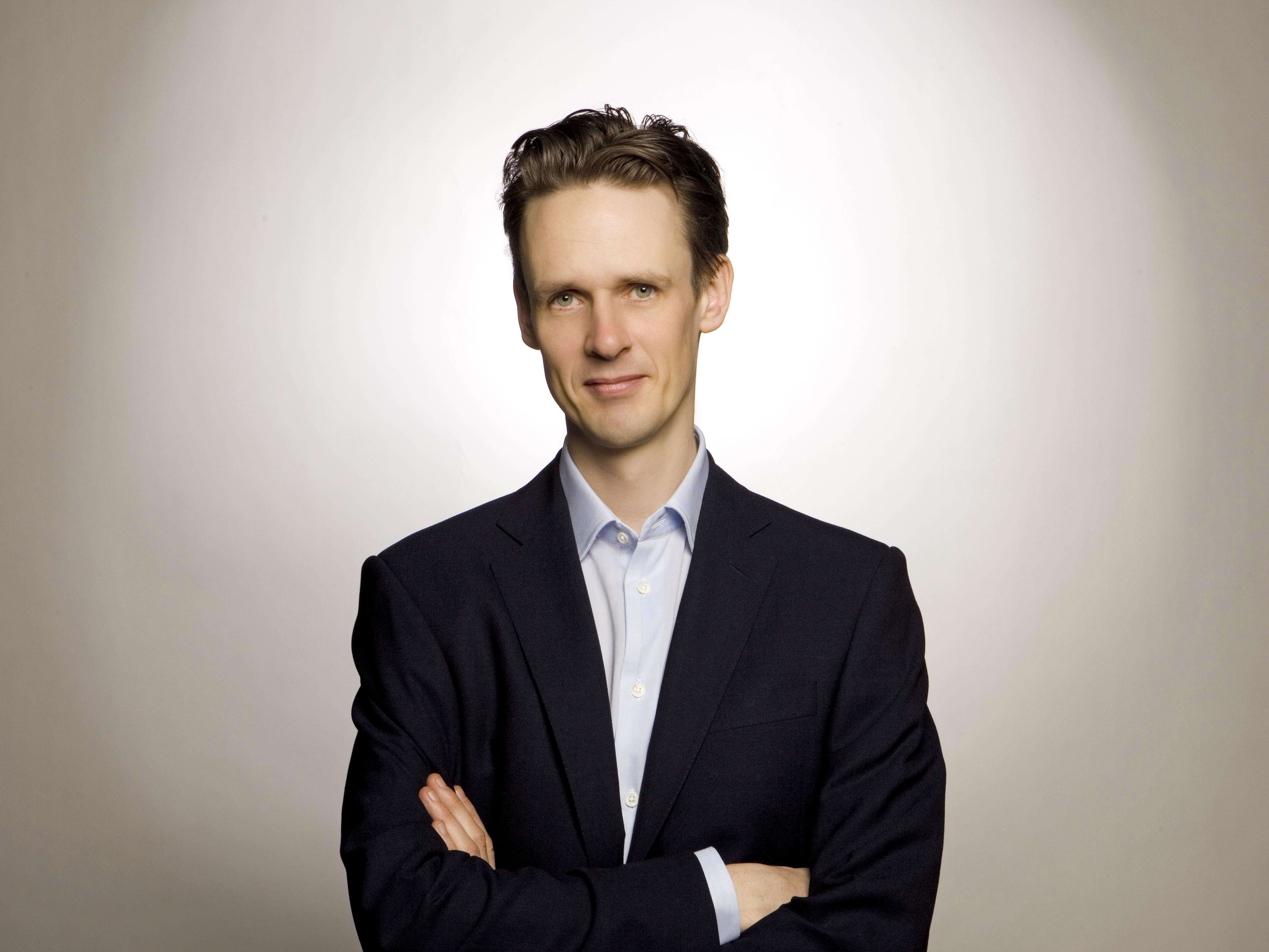|
Back
The night and the death-bed Lucerne
Kultur- und Kongresszentrum Luzern
09/01/2011 -
Benjamin Britten: Nocturne for tenor, seven obbligato instruments and strings, op. 60
Anton Bruckner: Symphony No. 9 WAB109
Ian Bostridge (tenor)
Berliner Philharmoniker, Sir Simon Rattle (conductor)

I. Bostridge (© Ben Ealovega)
“Night” is the theme of this year’s Lucerne summer festival. Accordingly after a performance on August 31st of Mahler’s Seventh Symphony (two movements of which were headed by Mahler himself as “Nachtmusik”), the Berlin Philharmonic under Simon Rattle turned first to Britten’s Nocturne, written in 1958, is an extended trance-like meditation on dreaming. Britten himself once observed that the realm of night and dreams had a “strange fascination” which had allured him since childhood. Altogether the well-read Britten set 350 poems by 80 different poets to music in his 5 decades of composition, spanning four centuries of British poets.
The singer in this performance was Ian Bostridge who clearly has a deep affection for the music of Britten; his voice is perfectly suited to Britten. As early as 1994 he made his operatic debut as Lysander in Britten’s Midsummer Night’s Dream.
The eight poems have no pause between them and are interlinked by string themes, many of which brought Britten’s operas Billy Budd and the Turn of the Screw to mind. Britten demands a great variety of expressive phrasing from the tenor and Bostridge fulfilled those demands admirably. He is not as strident as Peter Pears’ voice could be, and certainly more lyrical.
The poems are varied in their effect, ardent Shelley, mysterious Tennyson describing a monster from the deep (which demands singing throughout all registers ending with a superb high “A”), delicate Coleridge, witty Middleton with the sounds of the night, owls hooting and cats mewing, descriptive Wordsworth ending with a great unpitched shout “To the whole city – Sleep no more!”, haunting Wilfred Owen describing the ghosts of the First World War, an upbeat melodic setting of Keats and finally a Shakespeare sonnet which Rattle accompanied with the utmost lightness of touch. All eyes and ears were rightly on Ian Bostridge. Intonation in these pieces is not always easy; Bostridge passed the test with flying colours. The deeply-felt work is, sadly, rarely performed.
My only slight quibble: the lighting in the concert hall was so dimmed, certainly where I was sitting, that one could hardly read the texts of the songs in the programme – despite Bostridge’s clearest diction, the mainly non-English speakers in the audience would, I suspect, have had difficulty knowing what Bostridge was singing about.
Bruckner’s Ninth Symphony is not so much a work for the night but for the death-bed. Bruckner was physically and mentally sick whilst writing this work, expecting it – rightly – to be his last; he left it unfinished.
The question for the second half of the concert was whether Rattle’s Bruckner had moved on since he first started conducting Bruckner many years ago. Let’s start with some positives: no surprise, the orchestral playing was glorious and precise throughout, one would expect nothing less from the Berliners. It would be churlish to pick out any players for special praise, the whole ensemble was breath-taking. Rattle’s communication with his orchestra was palpable and intense, he often dissected each bar to display its component parts which did add interest but sometimes failed to let the music flow. Tempi in the first movement in particular were so varied that I yearned for the steadiness and architectural span of Bernard Haitink or Günter Wand. However there was a sense of mystery at the outset with its gossamer strings, climaxes were always frightening in their terror and Rattle achieved a monumental ending to the movement.
The Scherzo fared better, it was suitably springy (“bewegt”, “lebhaft”), the strings’ pizzicato were crisp, they scampered through the Trio and Rattle contrasted these passages well with the jabbing, brutal sections.
In the final Adagio, Rattle, with his trade mark visual grimaces, coaxed every ounce of pain from the orchestra, did not shy away from dissonance, and made the most of the climax of the whole piece, that moment of cathartic attack – or is it death? – which more than ever sounded in this performance like a frightened scream. The closing section was radiant and heavenly – the audience were suitably moved to wait with their applause.
Festival audiences will not have to wait long before they can compare Rattle’s Bruckner with that of Chailly, Barenboim and Thielemann – watch this space.
John Rhodes
|